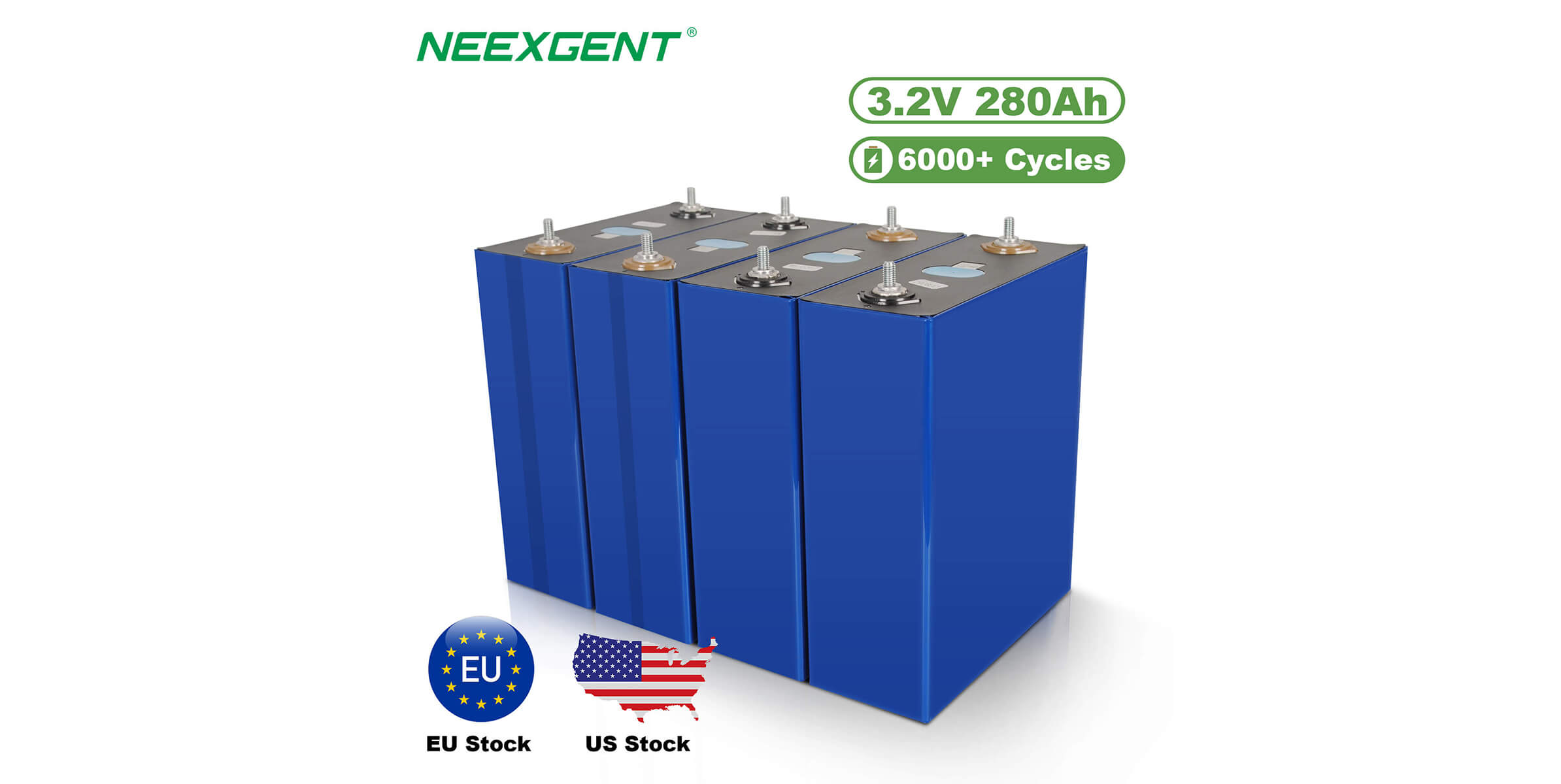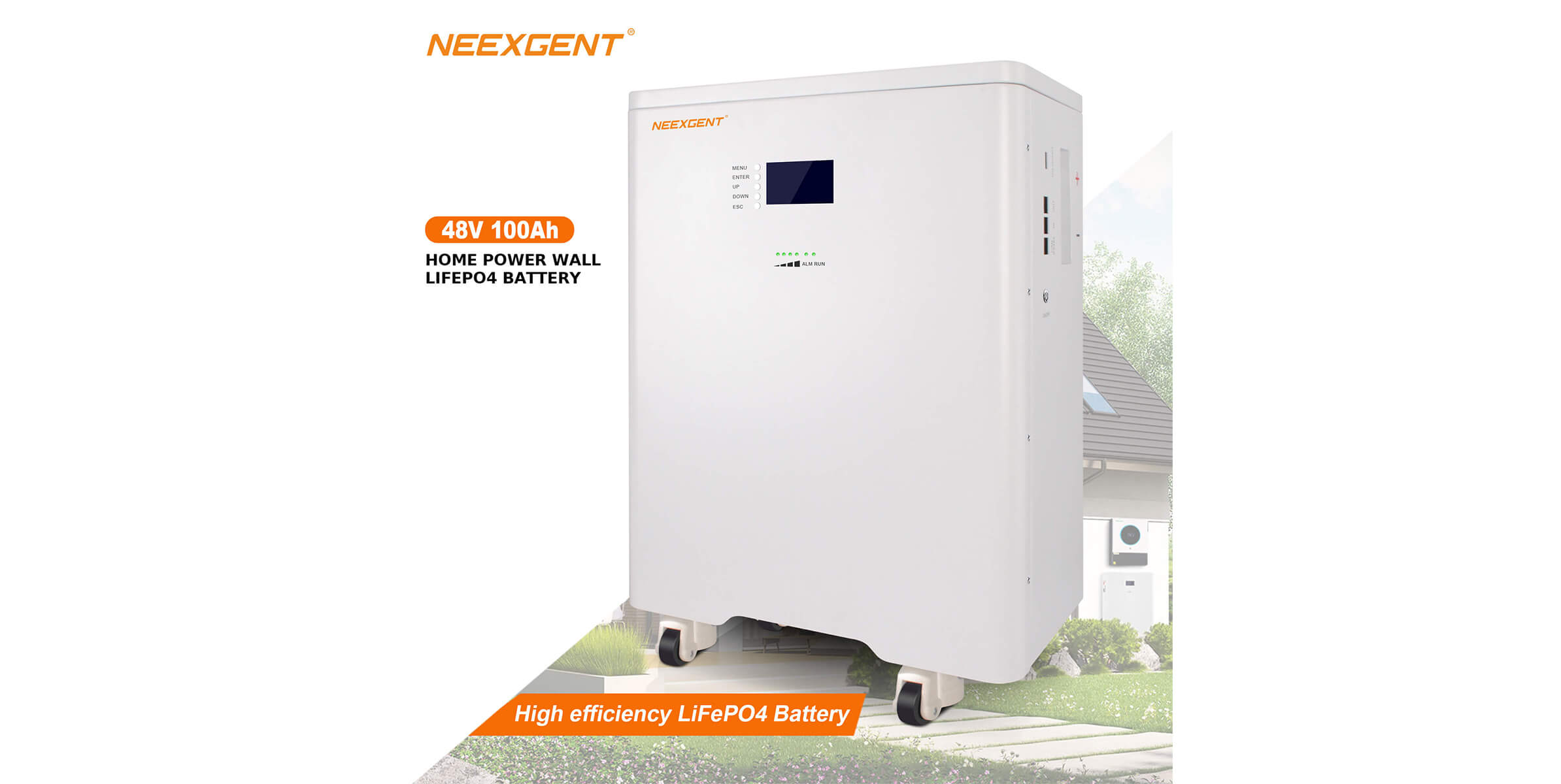Renewable energy systems, such as solar and wind power, are becoming increasingly popular as individuals and organizations look for ways to reduce their carbon footprint and energy costs. However, these systems require reliable energy storage solutions to ensure that power is available when it is needed. One promising technology for energy storage is LiFePO4 battery cells. In this article, we will explore the advantages of LiFePO4 battery cells for renewable energy systems and how to choose the right cells for your application.
Advantages of LiFePO4 Battery Cells
- High Energy Density: LiFePO4 battery cells have a high energy density, meaning that they can store a large amount of energy in a relatively small space. This makes them ideal for use in renewable energy systems where space is often limited.
- Long Lifespan: LiFePO4 battery cells have a longer lifespan compared to other lithium-ion batteries. They can last up to 10 years or more with proper maintenance, which makes them a cost-effective solution for energy storage.
- Safe and Reliable: LiFePO4 battery cells are known for their safety and reliability. They are less prone to thermal runaway and are more stable compared to other lithium-ion batteries. This makes them ideal for use in residential and commercial energy storage systems.
- High Discharge and Charge Rates: LiFePO4 battery cells can be discharged and charged at high rates, making them suitable for high-power applications such as electric vehicles and grid-scale energy storage.

3.2v 280ah LiFePO4 Battery Cells
Choosing the Right LiFePO4 Battery Cells
When choosing LiFePO4 battery cells for your renewable energy system, there are several factors to consider. These include:
- Voltage and Capacity: The voltage and capacity of the cells must be matched to the requirements of the system. This ensures that the cells can provide the necessary power and energy storage capacity.
- Size and Weight: The size and weight of the cells should also be considered, especially in applications where space is limited.
- Temperature Range: LiFePO4 battery cells have a narrow temperature range for optimal performance. It is important to choose cells that can operate within the specified temperature range of the system.
- Manufacturer and Quality: Choosing a reputable manufacturer and high-quality cells is crucial for the safety, reliability, and performance of the system.
Solar energy is one of the most popular sources of renewable energy. However, the energy produced by solar panels is intermittent and unreliable, as it depends on factors such as weather conditions and time of day. To address this issue, solar energy systems require energy storage solutions to ensure that power is available when it is needed.
LiFePO4 battery cells are an excellent choice for solar energy storage due to their high energy density, long lifespan, and safety. They can store excess energy produced by solar panels during the day and release it when the demand for energy is high.
One of the advantages of LiFePO4 battery cells for solar energy storage is their ability to withstand deep discharge cycles. This means that they can discharge to a lower state of charge without reducing their lifespan or performance. This is important for solar energy systems, as it allows the cells to store more energy and provide power during times of high demand.
Another advantage of LiFePO4 battery cells for solar energy storage is their ability to charge quickly. This is important for solar energy systems, as it allows the cells to recharge quickly when energy demand is low. This means that the cells can be fully charged during periods of high solar energy production, such as during the day, and be ready to provide power during periods of high energy demand, such as in the evening.

NXW-48100 Rack Power Storage
Choosing the Right LiFePO4 Battery Cells for Solar Energy Storage
When choosing LiFePO4 battery cells for solar energy storage, it is important to consider factors such as voltage, capacity, size, weight, temperature range, and quality. The cells must be matched to the requirements of the solar energy system to ensure that they can provide the necessary power and energy storage capacity.
The size and weight of the cells should also be considered, especially in applications where space is limited. LiFePO4 battery cells come in a range of sizes and capacities, so it is important to choose cells that are suitable for the system's requirements.
The temperature range of the cells is also an important consideration. LiFePO4 battery cells have a narrow temperature range for optimal performance, so it is important to choose cells that can operate within the specified temperature range of the system.
Choosing a reputable manufacturer and high-quality cells is crucial for the safety, reliability, and performance of the solar energy system. It is important to choose cells from a manufacturer that has a proven track record of producing high-quality cells that meet industry standards.
Tips for Maintaining LiFePO4 Battery Cells
To ensure the optimal performance and lifespan of LiFePO4 battery cells in solar energy storage applications, it is important to follow some basic maintenance tips:
- Monitor the state of charge regularly: Monitoring the state of charge of the cells can help prevent overcharging or undercharging, which can damage the cells and reduce their lifespan. Use a battery monitor or management system to monitor the state of charge and avoid overcharging or undercharging.
- Avoid deep discharge cycles: Although LiFePO4 battery cells are designed to withstand deep discharge cycles, it is still important to avoid discharging the cells to their lowest state of charge. This can reduce the lifespan and performance of the cells.
- Avoid extreme temperatures: LiFePO4 battery cells have a narrow temperature range for optimal performance. Avoid exposing the cells to extreme temperatures that are outside their specified temperature range.
- Charge the cells using the correct charger: Use a charger that is specifically designed for LiFePO4 battery cells and follow the manufacturer's charging instructions. Avoid using chargers that are not designed for LiFePO4 battery cells, as this can damage the cells and reduce their lifespan.
- Store the cells correctly: If the cells are not being used for an extended period, store them in a cool, dry place and ensure that they are not exposed to extreme temperatures or humidity.
Following these tips can help ensure the optimal performance and lifespan of LiFePO4 battery cells in solar energy storage applications.
LiFePO4 battery cells are an excellent choice for solar energy storage due to their high energy density, long lifespan, and safety. They can store excess energy produced by solar panels during the day and release it when the demand for energy is high. When choosing LiFePO4 battery cells for solar energy storage, it is important to consider factors such as voltage, capacity, size, weight, temperature range, and quality. By following basic maintenance tips, you can ensure the optimal performance and lifespan of LiFePO4 battery cells in solar energy storage applications.







